In 2021, Members of Parliament voted unanimously to officially recognize August 1 as Emancipation Day in Canada. August 1 is significant because it marks the day in 1834 when the Slavery Abolition Act came into effect, after being passed by the British Parliament.
While the day commemorates the abolishment of slavery, it is a time to take a pause and reflect on the journey towards complete freedom for those of African descent in Canada. While many feel that slavery didn’t exist in Canada, it did and although the harness wasn’t as severe, well slavery is still slavery and Canada continues to grapple with some of the systems and oppression that kept Black people in bondage.
But we’re here to talk about books and more specifically books that can aid you in understanding the importance of Emancipation Day.
Here are 7 Books you should read:
The Hanging Of Angelique: The Untold Story of Canadian Slavery and the Burning of Old Montreal: Writer, historian and poet Afua Cooper tells the astonishing story of Marie-Joseph Angélique, a slave woman convicted of starting a fire that destroyed a large part of Montréal in April 1734 and condemned to die a brutal death. In a powerful retelling of Angélique’s story — now supported by archival illustrations — Cooper builds on 15 years of research to shed new light on a rebellious Portuguese-born black woman who refused to accept her indentured servitude. At the same time, Cooper completely demolishes the myth of a benign, slave-free Canada, revealing a damning 200-year-old record of legally and culturally endorsed slavery.
Black Writers Matter, edited by Whitney French: An anthology of African-Canadian writing, Black Writing Matters offers a cross-section of established writers and newcomers to the literary world who tackle contemporary and pressing issues with beautiful, sometimes raw, prose. As Whitney French says in her introduction, Black Writing Matters “injects new meaning into the word diversity [and] harbours a sacredness and an everydayness that offers Black people dignity.” An “invitation to read, share, and tell stories of Black narratives that are close to the bone,” this collection feels particular to the Black Canadian experience.
The Long Emancipation by Rinaldo Walcott: In The Long Emancipation Rinaldo Walcott posits that Black people globally live in the time of emancipation and that emancipation is definitely not freedom. Taking examples from across the globe, he argues that wherever Black people have been emancipated from slavery and colonization, a potential freedom has been thwarted. Walcott names this condition the long emancipation—the ongoing interdiction of potential Black freedom and the continuation of the juridical and legislative status of Black nonbeing. Stating that Black people have yet to experience freedom, Walcott shows that being Black in the world is to exist in the time of emancipation in which Black people must constantly fashion alternate conceptions of freedom and reality through expressive culture. Given that Black unfreedom lies at the center of the making of the modern world, the attainment of freedom for Black people, Walcott contends, will transform the human experience worldwide. With The Long Emancipation , Walcott offers a new humanism that begins by acknowledging that present conceptions of what it means to be human do not currently include Black people.
Policing Black Lives: State Violence in Canada From Slavery to the Present by Robyn Maynard: If there were ever a book that all Canadians should read about race in Canada, this is it. This book traces the violent realities of anti-blackness from the slave ships to prisons, classrooms, and beyond. Maynard provides readers with the first comprehensive account of nearly four hundred years of state-sanctioned surveillance, criminalization, and punishment of Black lives in Canada. She goes deep with research, evidence, and tons of narrative that adds so much colour to her words. Policing Black Lives traces the still-living legacy of slavery across multiple institutions, shedding light on the state’s role in perpetuating contemporary Black poverty and unemployment, racial profiling, law enforcement violence, incarceration, immigration detention, deportation, exploitative migrant labour practices, disproportionate child removal, and low graduation rates. For me, it serves as a call to action for us to dismantle the systems that oppress Black people in Canada.
The Polished Hoe by Austin Clarke: Austin Clarke is a treasure and living in Toronto his voice was celebrated by all Canadians. This book is one of my absolute favourites. Filled with suspense the story follows Mary-Mathilda and is set on a post-slavery colonial plantation on the island of Barbados. A murder mystery that had me asking myself the question, who is the criminal & who is the victim? Although a fiction, this story forced me to imagines d by saddened the horrors experienced by Black Caribbean women during the colonial era.
AfriCANthology: Perspectives of Black Canadian Poets, edited by A. Gregory Frankson: Truth spoken plainly and powerfully is difficult to dismiss and impossible to ignore. Edited with purpose by A. Gregory Frankson, AfriCANthology: Perspectives of Black Canadian Poets brings together some of Canada”s most influential dub, page, and spoken word poetic voices and gives them space to speak freely about their personal journeys in piercing verse and unapologetic prose. Just as individual experiences of Blackness are diverse across Canada, each contributor recounts aspects of navigating their unique personal, professional, and artistic paths in Black skin with fearless candour and audacious forthrightness. Unforgettable in its charged emotional potency and stirring in its unrelenting urgency, AfriCANthology: Perspectives of Black Canadian Poets is a stunning tour de force by a celebrated gathering of truthtellers that demands we comprehensively reassess the present and reimagine the future of Blackness in Canada.
Until We Are Free: Reflections On Black Lives Matter In Canada by Rodney Diverlus, Sandy Hudson, and Syrus Marcus Ware: The killing of Trayvon Martin in 2012 by a white assailant inspired the Black Lives Matter movement, which quickly spread outside the borders of the United States. The movement’s message found fertile ground in Canada, where Black activists speak of generations of injustice and continue the work of the Black liberators who have come before them.
Until We Are Free contains some of the very best writing on the hottest issues facing the Black community in Canada. It describes the latest developments in Canadian Black activism, organizing efforts through the use of social media, Black-Indigenous alliances, and more.
Let me know in the comments your thoughts about this list.
book reviewEditors choicemust read books


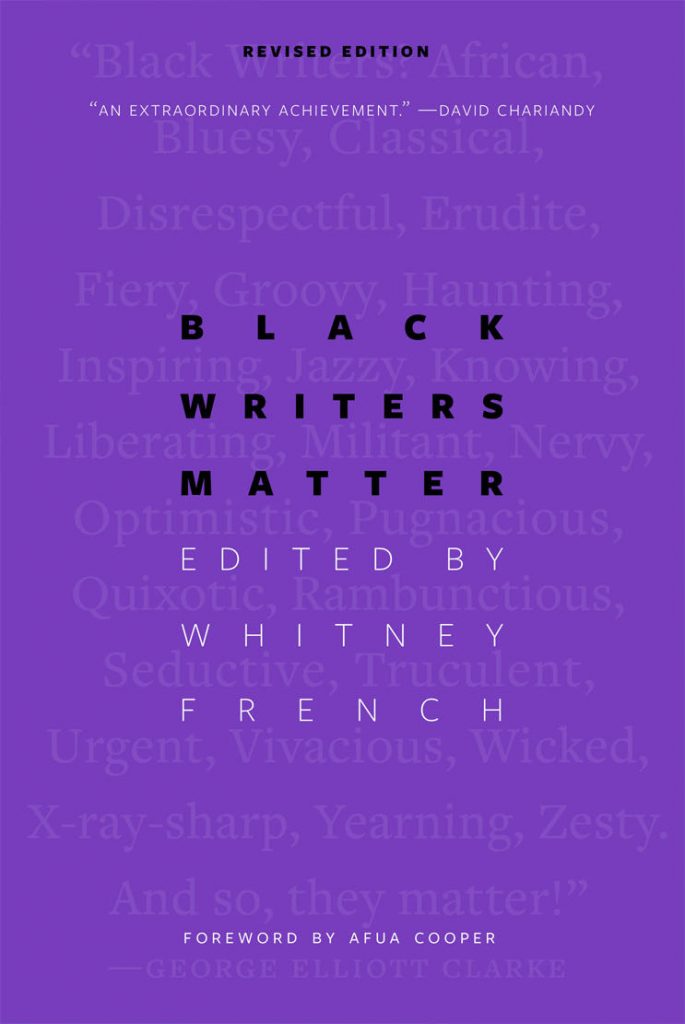
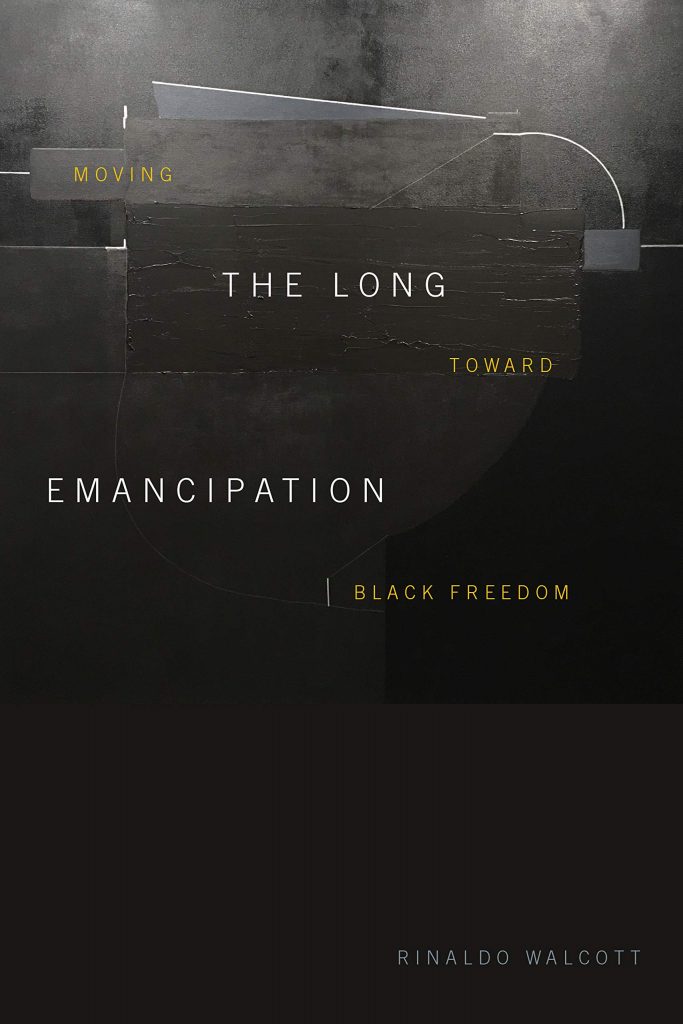
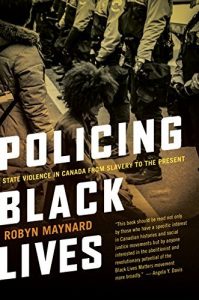

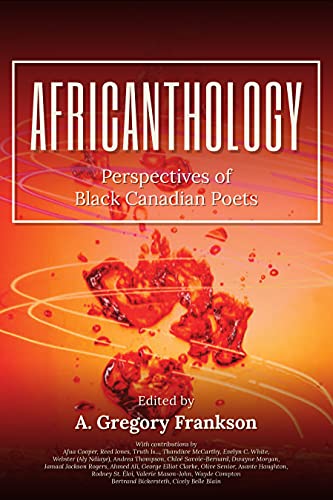
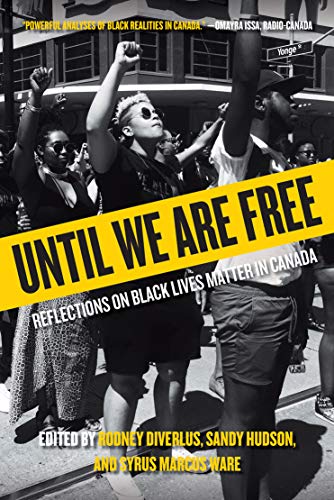





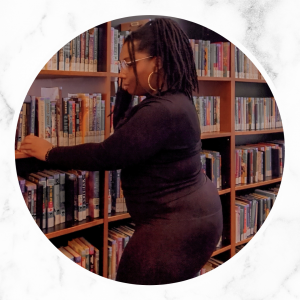
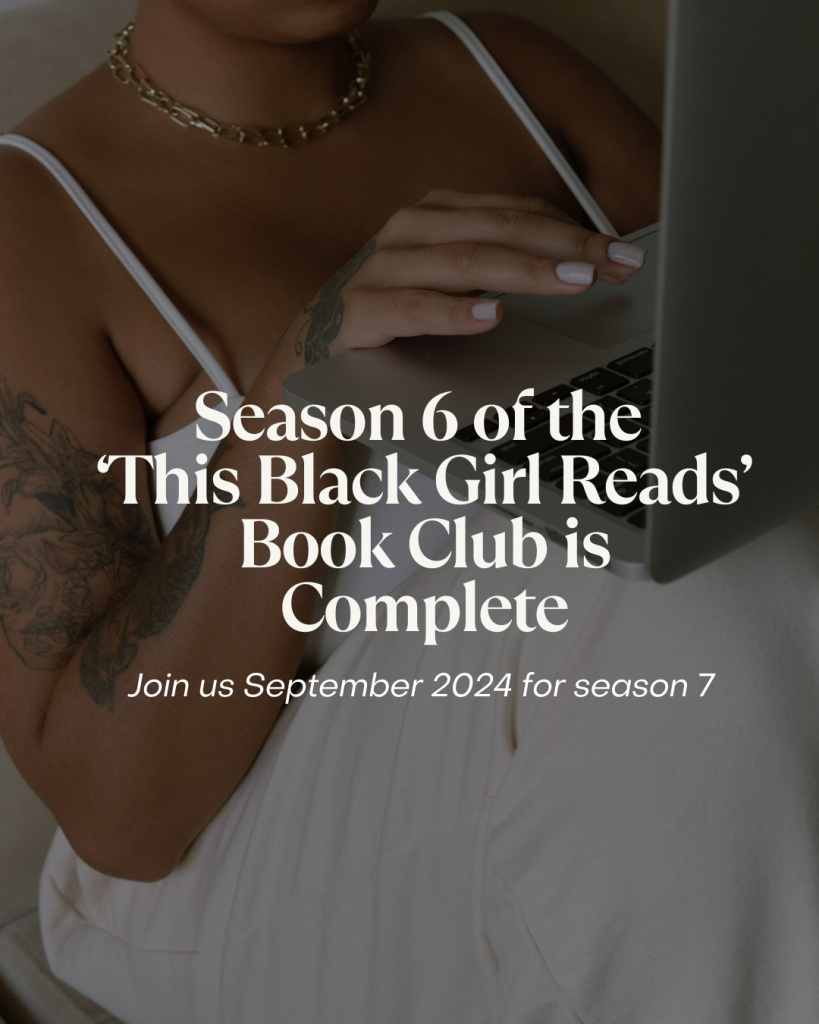
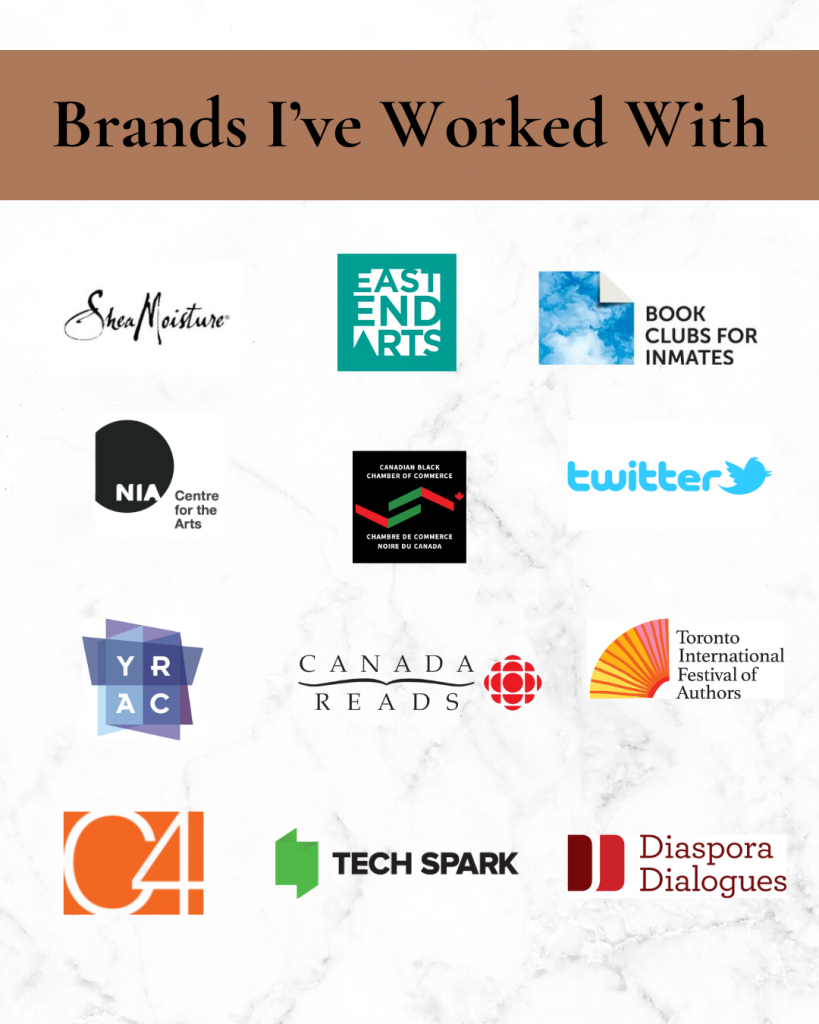

What do you think?